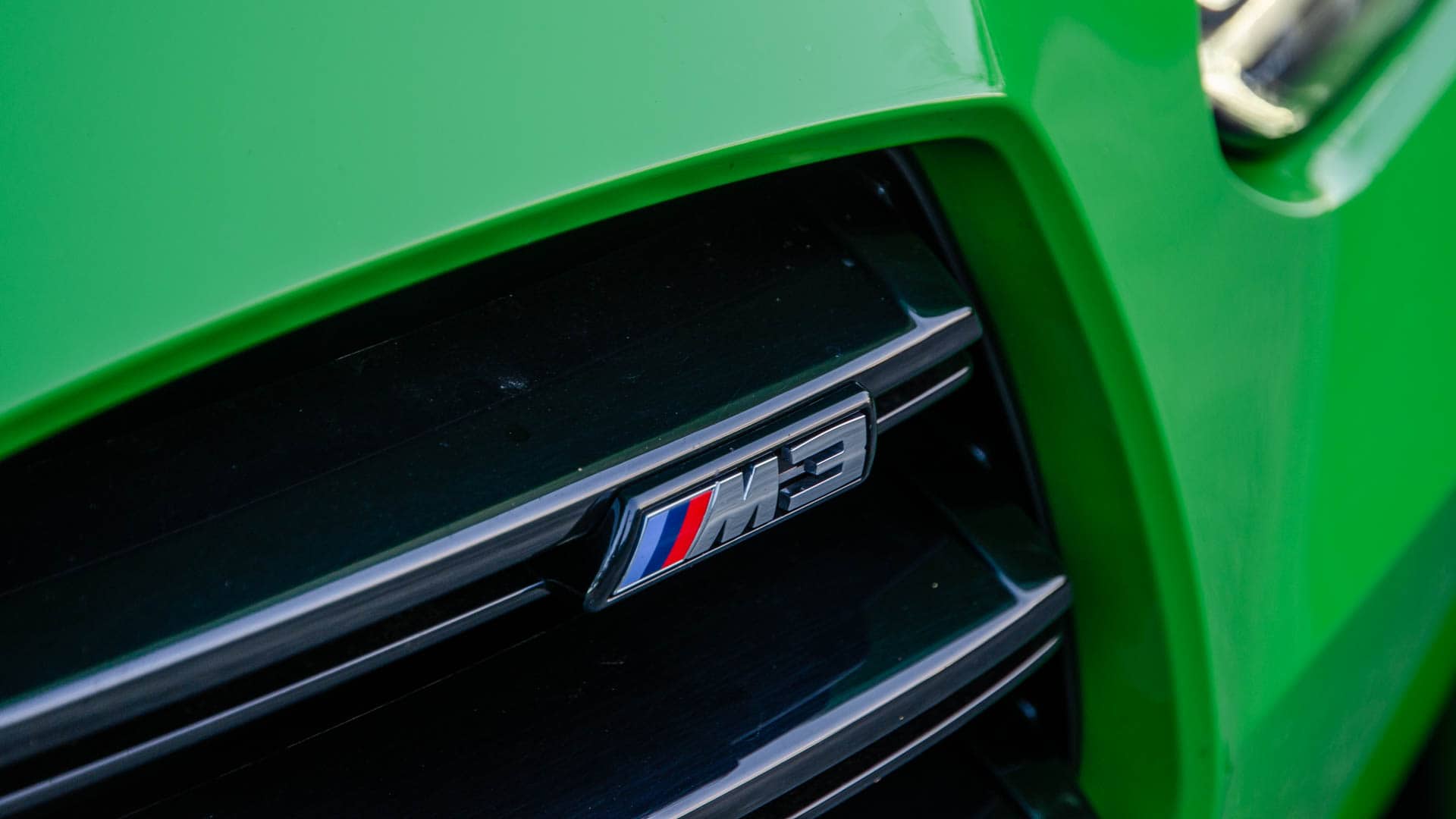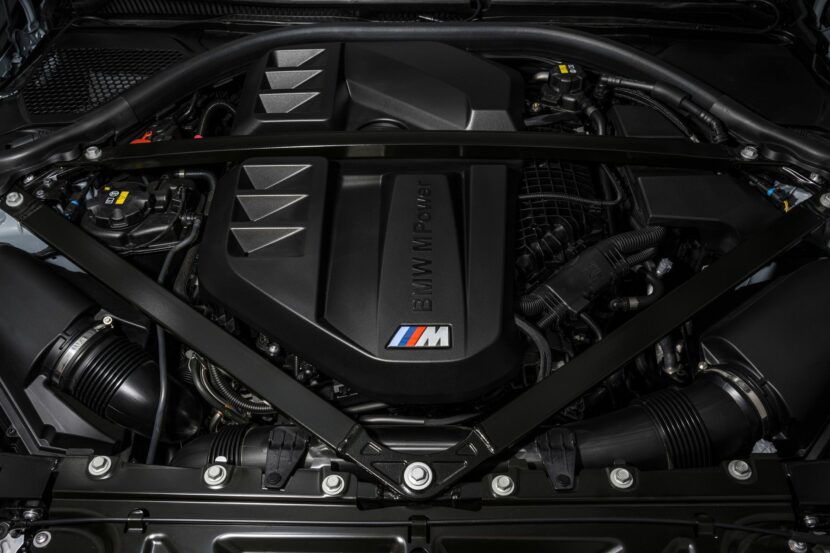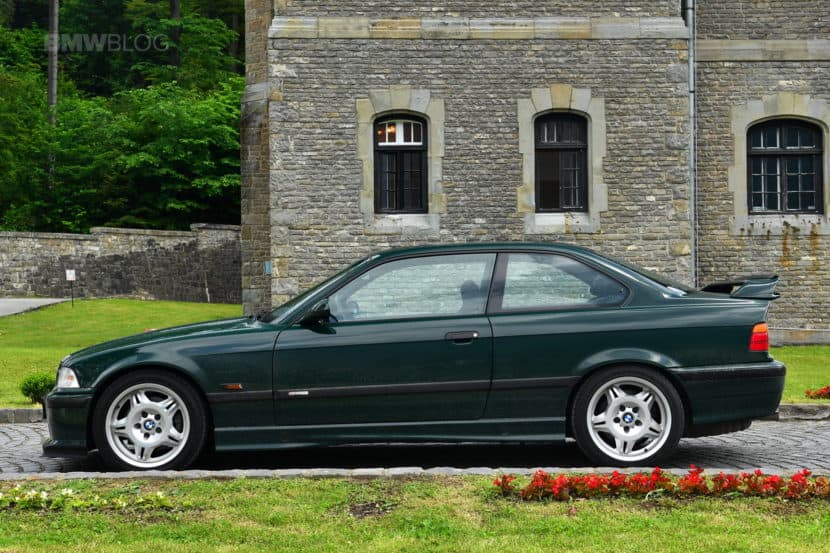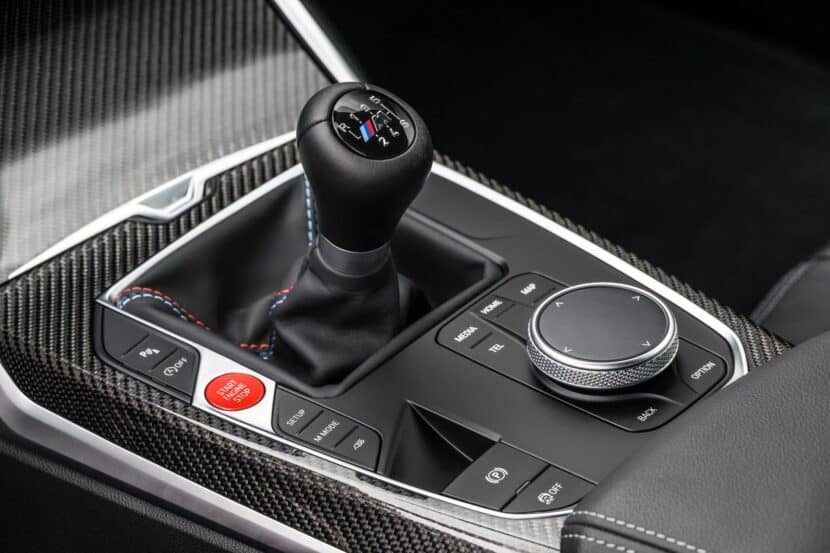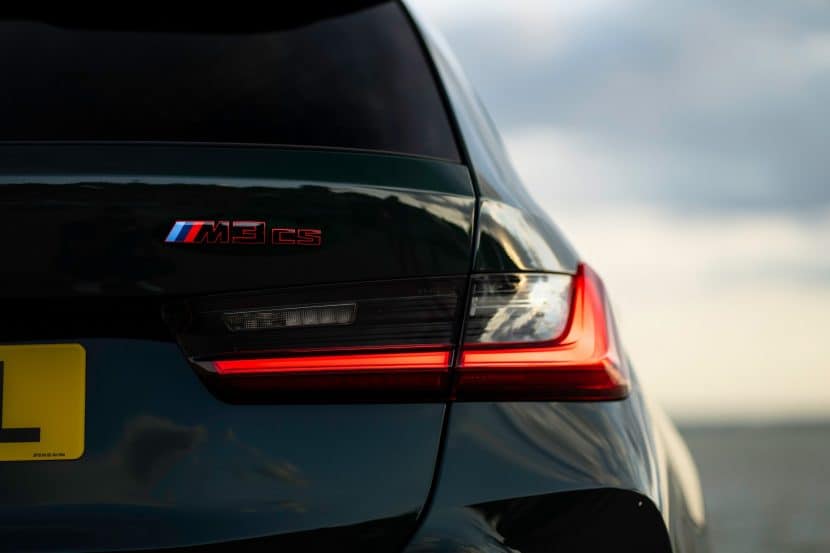When it comes to the future of automobiles, electrification is the buzzword that’s reshaping the industry. BMW, a company known for its Ultimate Driving Machine slogan, is not immune to this trend. While it was initially thought that BMW would fully embrace electrification with its M3 lineup (ZA0 codename), recent developments suggest a different story. In this article, we delve into the ongoing debate at BMW regarding the next-generation M3, exploring the possibility of a gasoline-powered variant alongside an electric one.
The Gasoline-Powered BMW M3 (G84): A Project Being Considered
Codenamed G84, the gasoline-powered BMW M3 has been allegedly topic of discussion within the company. BMW executives have even hinted at that in recent interviews. However, it’s essential to emphasize that this project has not yet received approval; it’s still in the business case phase. BMW operates with several layers of approval for new models, and even at this stage, a project can be shelved as early as 18 months before production begins.
The S58 Engine and Euro 7 Compliance
Should the BMW M3 (G84) receive the green light, it is expected to continue using the S58 engine. Notably, this engine is planned to be Euro 7 compliant, aligning with stricter emissions standards set to take effect in 2025. This commitment to compliance underscores BMW’s ongoing efforts to balance performance with environmental responsibility.
A Prolonged Timeline
The introduction of the next-generation BMW 3 Series, codenamed G50, is slated for production in 2027. However, it is expected that a new M3 based on the G50 CLAR architecture will not arrive until 2028. This timeline also makes sense considering that the current G80/G82 M3/M4 are planned to stay in production until 2027. A facelift of the two models are expected next year.
The Arrival of the Electric M3 (ZA0)
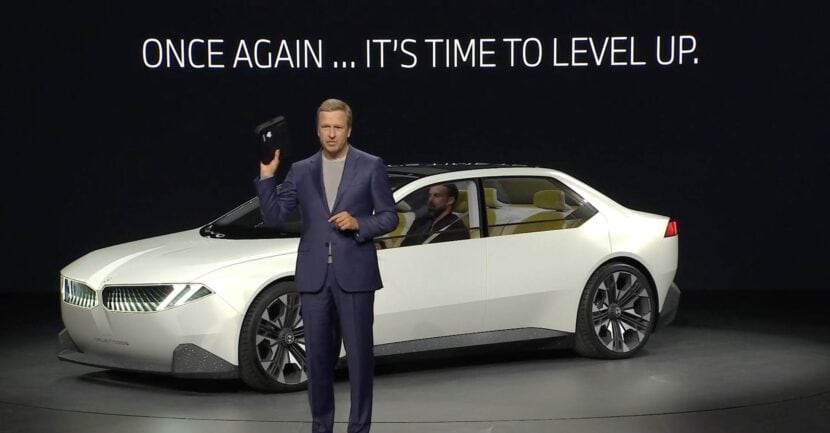
Simultaneously, BMW has ambitious plans to unveil its first-ever electric M3, codenamed ZA0. This electric variant will be built on the Neue Klasse EV-first architecture, marking a significant departure from the traditional M3 formula. The introduction of an electric M3 raises numerous questions about how it will coexist with its gasoline-powered counterpart.
Challenges and Considerations
Several challenges lie ahead for BMW M. If both the G84 and ZA0 variants are produced, how will they differ in design and power output? BMW enthusiasts have long favored the unique attributes of gasoline-powered M cars, but will consumer preferences shift towards electric vehicles in the next five years? The marketing strategy for these two divergent models will also play a crucial role in their success. Naturally, it could be quite difficult to market and sales two M3s at the same time, especially with different designs and drivetrains.
Adaptation to Market Trends
The decision between gasoline and electric variants is not an easy one. BMW must carefully analyze market trends and consumer demands. While some markets, such as Britain, have pushed back bans on new internal combustion engine (ICE) cars until 2035, BMW and other automakers will indeed have some breathing room to adapt to changing regulations and consumer preferences.
The future of the BMW M3 is at a crossroads, with the possibility of both gasoline and electric variants in contention. BMW’s commitment to performance and compliance with emissions standards means that the company faces significant decisions in the coming years. The outcome will not only shape the fate of the M3 but also provide valuable insights into the direction of the automotive industry as a whole. As we await further developments, one thing is clear: BMW’s dedication to innovation ensures that their M3 lineup will continue to be a force to be reckoned with, regardless of its power source. And they already gave us a glimpse of what the “Heart of Joy” could do.


